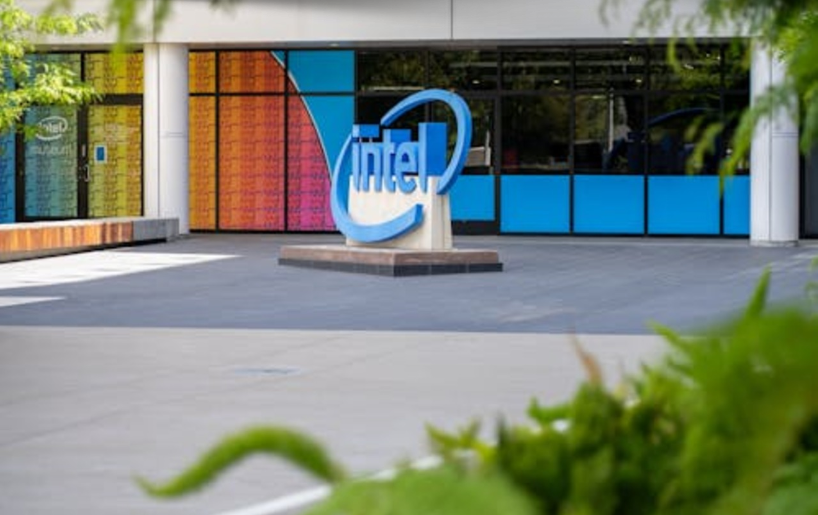Intel Corporation announced on Monday that Pat Gelsinger has retired as CEO, effective December 1, capping nearly four years at the helm of the semiconductor giant. His departure follows a period of significant challenges for the company, including losses in market share, a declining stock price, and ongoing struggles to establish a foothold in the burgeoning artificial intelligence (AI) market.
During Gelsinger’s tenure, which began in 2021, Intel faced mounting competition from rivals such as AMD and NVIDIA, leading to a 52% drop in its stock value in 2024 alone. Despite Gelsinger’s efforts to revitalize the company, Intel was unable to reverse its market share losses in its core processor business. The company also faced difficulties penetrating the rapidly expanding AI sector, which has been a key area of growth for other tech companies.
Following Gelsinger’s retirement, Intel has appointed CFO David Zinsner and Intel Products CEO MJ Holthaus as interim co-CEOs. Frank Yeary will take on the role of interim executive chair. This leadership shift comes at a critical time for Intel, as it continues to navigate a challenging business environment.
One of Gelsinger’s last major initiatives as CEO was securing a $7.86 billion grant from the U.S. government under the CHIPS and Science Act, aimed at funding the company’s ambitious plans to expand its semiconductor manufacturing capacity. However, the company has been beset by multiple issues, including disappointing earnings reports and a massive workforce reduction. In August 2024, Intel announced it would lay off 15% of its staff as part of a cost-cutting strategy, signaling the depth of the company’s struggles.
In September, Intel unveiled plans to spin off its foundry business into a separate subsidiary, a move intended to attract outside investment and increase its competitiveness in the semiconductor industry. The company has also reportedly been in talks with Qualcomm regarding a potential acquisition, though the outcome of those discussions remains unclear.
Despite these efforts, Intel’s market position remains fragile, with many analysts questioning its ability to recover from its current slump. Gelsinger’s exit signals the end of a turbulent chapter for the company, and the path forward under new leadership remains uncertain.



